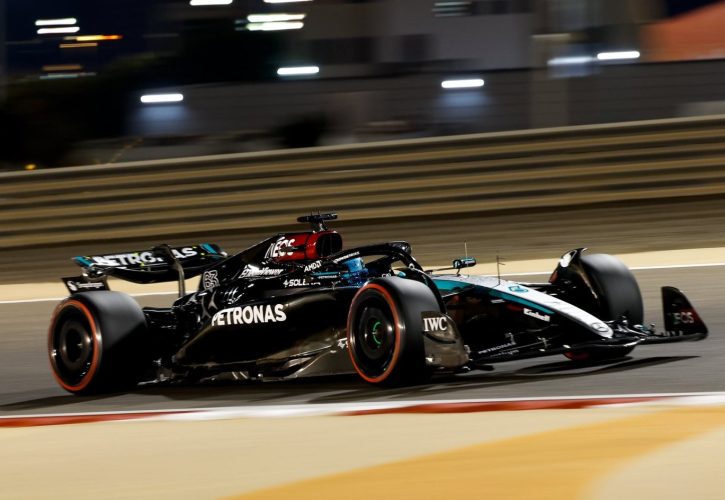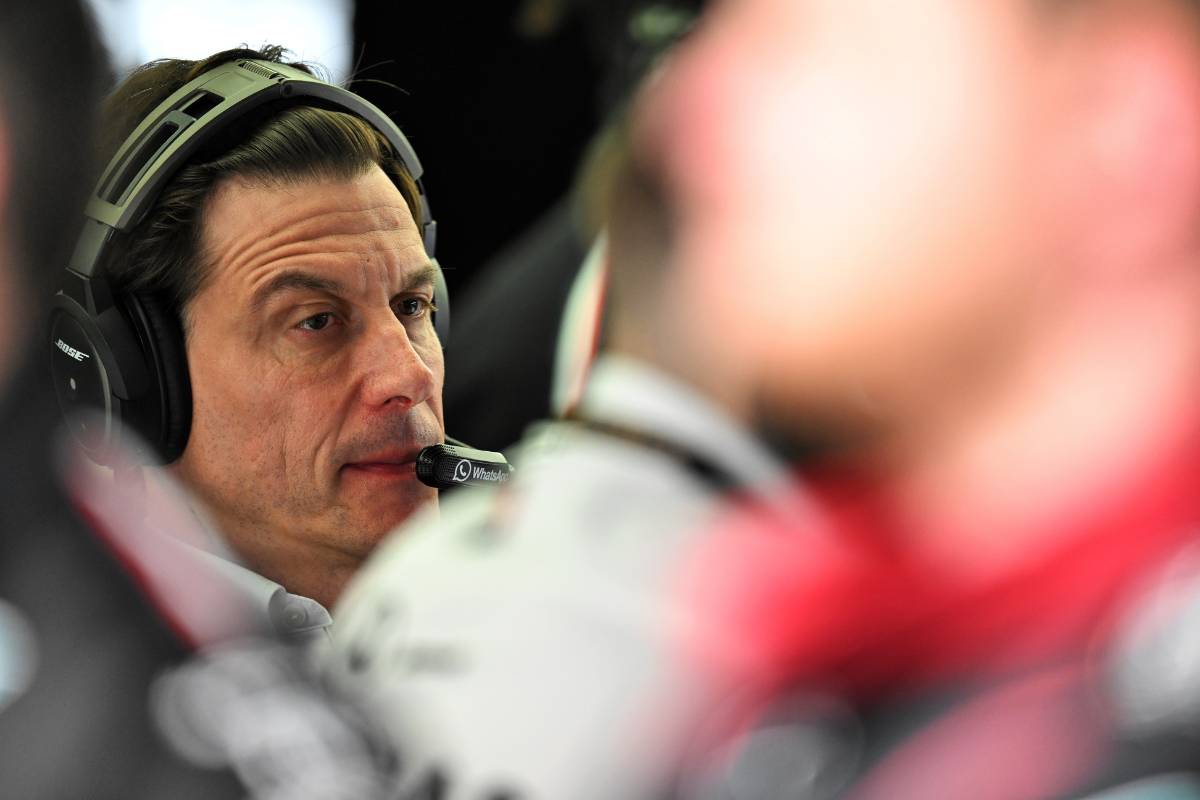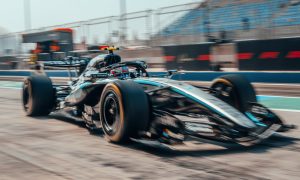
Mercedes endured a challenging Bahrain Grand Prix plagued by engine issues that affected both their own cars and those of their customer team Williams, according to team boss Toto Wolff.
Russell enjoyed a promising start, seizing second on lap 4 thanks to an impressive overtake on Charles Leclerc, the Briton running at that point just 1.7s behind future race winner Max Verstappen.
However, Russell was suddenly forced to contend with a power unit issue that required lifting-and-coasting to keep temperatures in check. Hamilton, already battling a cracked seat, was similarly affected.
But Mercedes’ engine concerns also appeared to impact Williams. Both Alex Albon and Logan Sargeant encountered PU problems, while the American also suffered a steering wheel electronics fault that led to a temporary halt out on the circuit.
Read also:
The combined effect of these problems was a disappointing performance for both teams. While Russell managed a fifth-place finish, Hamilton concluded his evening in seventh, far from the podium contention they had hoped for.
The team now faces the task of quickly addressing the engine problems to avoid hampering their campaign in the upcoming races.
"[Pre-season] testing was pretty good,” commented Wolff as he reviewed his team’s weekend. “Also, the performances on Thursday and on Friday were encouraging. The car was stable, was good. The drivers like it.
"When we started the race on the soft tyre, everything pretty much [was] to plan. And then, unfortunately, we had to start pulling the engine more than we expected. We can't understand yet where that came from.
“We have one of our customer teams, Williams, who had the same issue. The other two [McLaren and Aston Martin] not. That was unexpected."

According to Wolff, the combined effects of Mercedes’ engine woes and preventive measures resulted in a performance drop exceeding half a second per lap.
"From then on, if you switch 0.3-4s of power unit performance off, then you have to lift-and-coast on top, so I think at times probably altogether it was 5 or 6 tenths of a second that we couldn't take from what the car had in it,” he said.
"Therefore, it just wasn't great fun… At times, we were literally not a few degrees, but like 10 degrees running over what we thought we should be.
"I think, even without traffic, at the beginning, we were already over the limit," he added.
"We don't know because we pretty much run the same cooling levels than on the long runs we did in the days before. It just spiked more than we thought.
"I don't believe that any other team opened the car more [with additional cooling vents] than they did before. So, it's a thing that was probably more with us."
Keep up to date with all the F1 news via Facebook and Twitter







